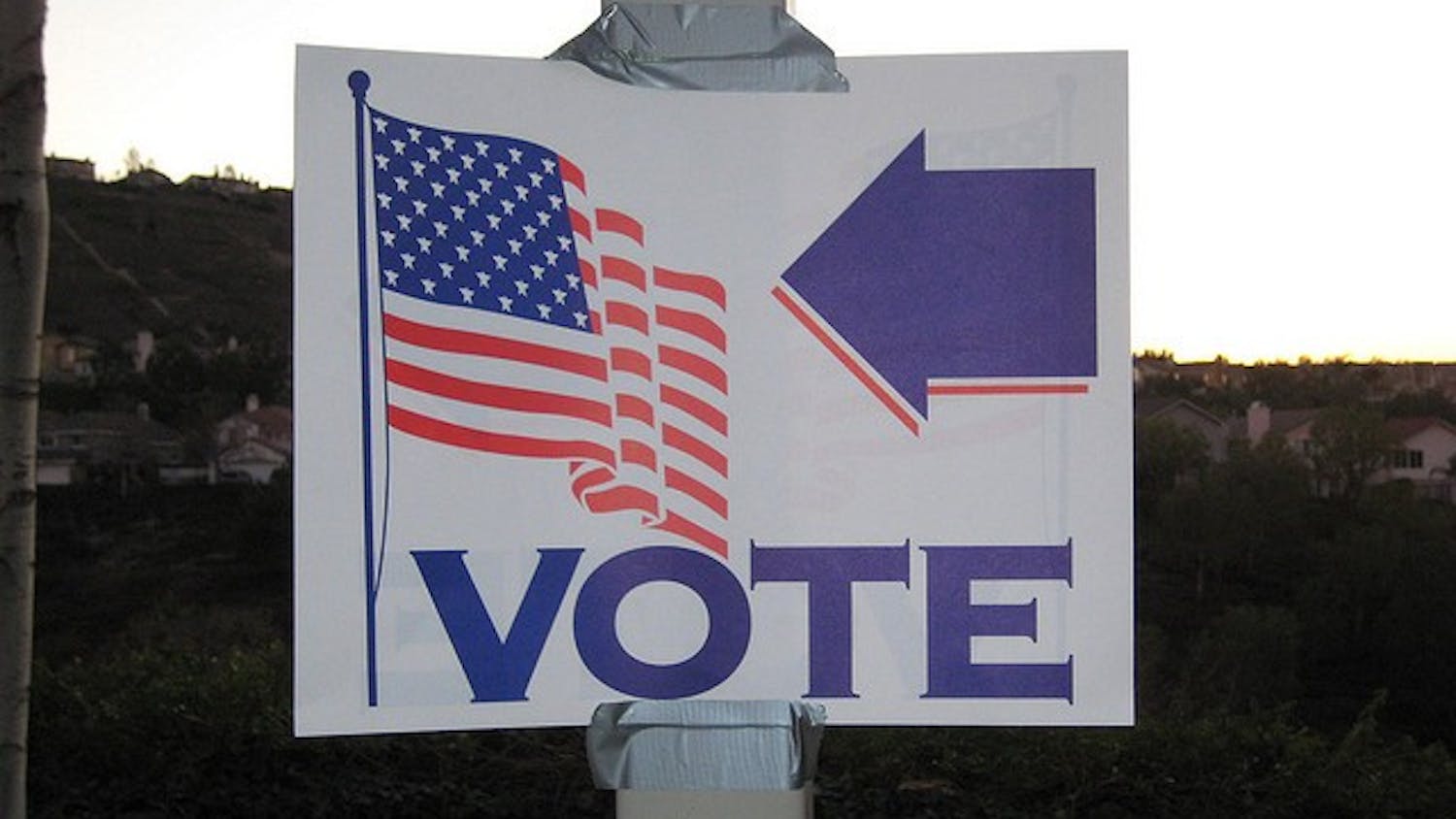Last year, I developed an irrational fear of influenza as I was bombarded with headlines from major news organizations saying things like “This Flu Season Is The Worst In Nearly a Decade” and “16 more children dead from flu; peak still to come, CDC says.” By the end of that flu season, the Center for Disease Control and Protection (CDC) classified the flu virus of 2017-2018 as highly severe.
The CDC does not have the ability to quantify how many lives were unfortunately lost to the flu last season because they are only notified about children’s deaths, not adult ones. While last year’s flu shot was only 36 percent effective in combating the flu, “the CDC emphasizes in the report that even small increases in immunity can have a large impact on public health.” Effective or not, the CDC insists that the flu vaccination is a must in preventing the flu and the problems that come with it.
I am a proponent of the flu shot, especially for college students — specifically first-year students who have not lived in such close proximity with so many strangers before, and thus do not have strengthened immune systems. Since we live in both a highly populated city and college campus, germ-filled situations are going to be on the rise as we enter into the sickly fall and winter seasons and continue to interact in communal bathrooms, on the Metro and in the dining hall. Everyone’s closeness inevitably increases the spread of illnesses.
Beyond doing the basics to avoid illnesses such as sleeping more, drinking orange juice and washing your hands, everyone who has the ability to be vaccinated for seasonal illnesses, such as influenza, should be actively doing so. If you are a student on American University’s campus, receiving a flu vaccination is easy thanks to the Student Health Center (SHC) giving them out for free in the upcoming week.
There are students who will claim that they do not want to get the flu shot because it gives you the flu virus. While this is not completely incorrect, the process is misunderstood. The flu vaccine is either giving you an inactivated strain or a single gene of the flu virus depending on the type of vaccination you are receiving. In both cases, the vaccination is not giving you the infection itself.
Despite the shot not giving a person the infection, some people do still get flu-like symptoms afterward. The CDC claims that there are four main reasons potentially for this:
1. Someone is interrupting another respiratory infection, such as a common cold, for the flu.
2. A person was already introduced to a flu virus before getting the shot and thus the vaccination didn’t have time to build up one’s resistance (which can take up to 2 weeks)
3. The vaccination itself is not accurate in combating this year’s flu.
4. Since the vaccination varies in effectiveness from person to person, it may not be as effective for some.
While those reasons may occur, not getting your flu shot because of them is a foolish response.
You are doing more than just protecting yourself when you get the flu shot. Some people are allergic to the components of flu shots. They cannot get them and are put at a higher risk of contracting the flu if everyone around them also is un-vaccinated. However, if everyone else around that person is vaccinated, they are immediately safer. This ideology is referred to as “herd immunity” by immunologists. Herd immunity is a concept that says the more people who are protected or vaccinated against an illness, the less likely everyone is to get the illness.
The CDC recommends that people get a flu vaccine by the end of October because it takes two weeks to be protecting your body. Yet, the CDC also encourages people to get the flu shot even after the end of October. It can still be beneficial to one’s health and the communities’ health overall even if the shot is received as late as January.
If the Health Center runs out of vaccinations, contact your local pharmaceutical stores, such as CVS or Walgreens, to see if you are eligible for a free flu shot covered by your insurance. Click here for a useful website in finding vaccinations near you.
I don’t want to discourage you, but you’re bound to get sick multiple times in college. While I have not gotten sick this year, I did get sick so many times during my freshman year. It felt as if I was in a constant state of sickness back then, but never with the flu. That’s because I proudly got my flu shot.
According to the SHC website, flu shots will be administered to students only on a first come, first served basis at the following clinics. Please bring your AU One Card ID! There are two left this fall:
- Monday, Nov. 5, 1 p.m.-6 p.m. in Anderson and Letts Hall lobbies
- Tuesday, Nov. 6 1 p.m.-5 p.m. - Constitution 1
If those times do not work for you, flu shots will begin to be available in the Student Health Center after Nov. 6.
Stephanie Mirah is a sophomore in the School of Communication and a columnist for The Eagle.





